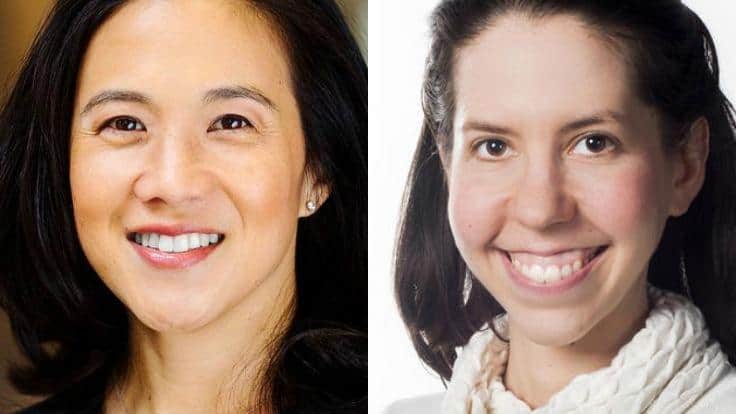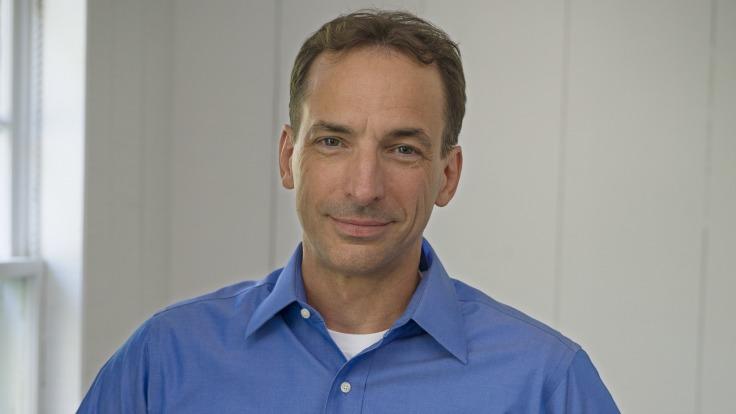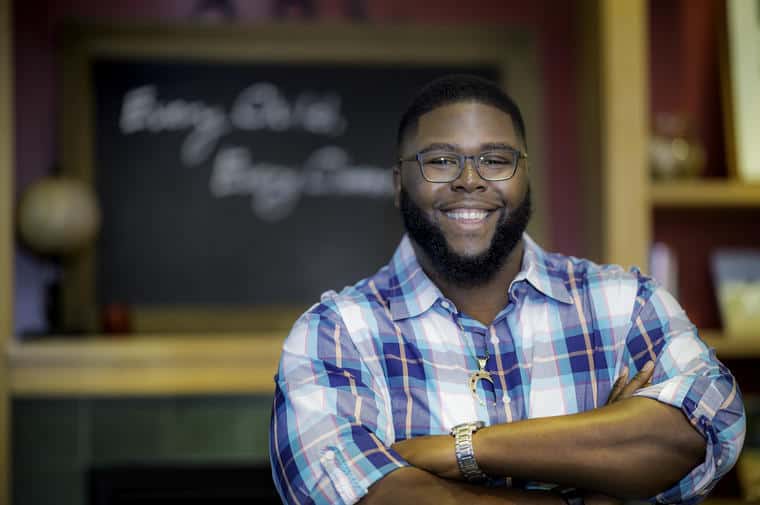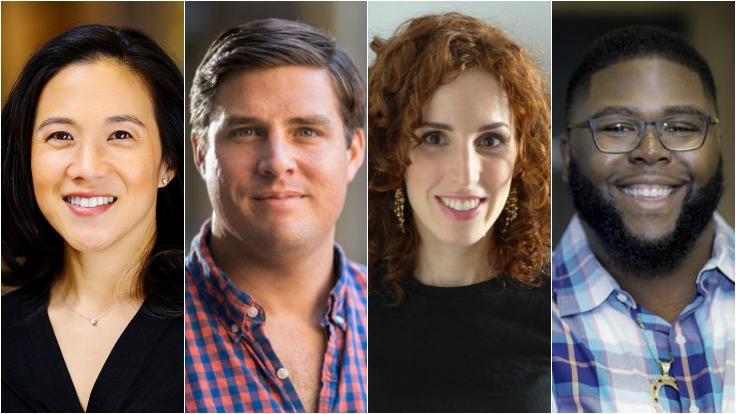When it comes to advice, it might be better to give than to receive. Lauren Eskreis-Winkler and her doctoral adviser Angela Duckworth ran a large-scale experiment measuring the surprising motivational effects of advice-giving.
If you know your colleague is struggling to complete a project at work, chances are you might offer them some tips and tricks based on your own experience. Reason dictates that those tips would be helpful to your co-worker. But what if you, the advice-giver, also experience a benefit? “The net result is that I myself am more motivated and more effective at engaging in exactly the same behavior that I was advocating for,” explains Angela Duckworth, appearing on Katherine Milkman’s Choiceology podcast. “The benefits of advice-giving are non-intuitive, but I think they’re very real.”
Why does this happen? “It’s in the nature of advice-giving itself that we focus on things that other people can change, and in so doing, of course we’re also focusing on things that we ourselves can change,” Duckworth notes. “I think that gets to a very related mechanism, which is confidence. The idea that when I give you advice about how you can do better, I indirectly motivate myself, I increase my own confidence in part because I’ve drawn attention to things […] I have control over.”
Lauren Eskreis-Winkler had the original idea of turning students into mentors. She was sparked by the sophisticated motivation tactics that students were already putting into practice: “Yes, we’re psychologists, and we for sure we have information to share with people, but maybe, when it comes to motivation, half of the battle […] is getting people to enact what they already know.”
You can listen to the full podcast here.
To book one of a Psychology Speaker for your next event, contact The Lavin Agency and speak with a representative.













